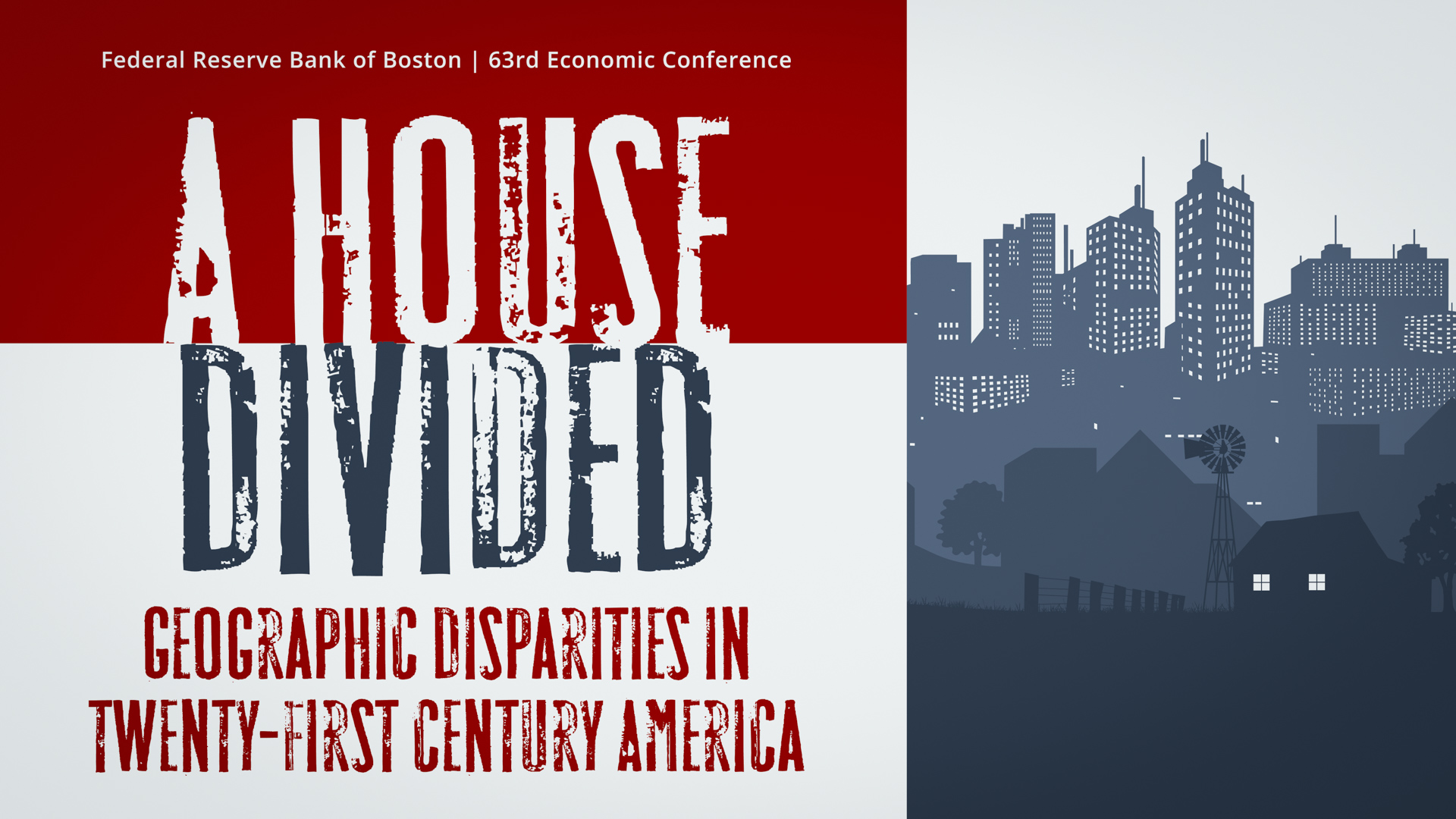
During much of the twentieth century, economic outcomes across the United States became more similar over time, as poorer states caught up with richer ones. In recent decades, however, this convergence process has stalled. At the local level, the trend toward divergent outcomes is reflected in the growth of cities that appear to offer more economic opportunity than less-favored cities or rural areas. Of course, region-specific economic shocks have been present throughout US history. Previous generations of workers displaced by these shocks have typically moved to areas with better job prospects. Yet in the last few decades, interstate migration has become less effective as a regional adjustment mechanism—perhaps because many workers find it difficult to afford the high housing costs common in thriving locales. A related issue is how educational advancement and health outcomes are tied to the economic conditions present in specific geographic locations. This conference will examine several geographic differences of interest to policymakers, including differences in labor markets, health and education, and the quality of life. How have geographic disparities in the United States evolved over the past few decades, and what underlying forces gave rise to them? How does geography relate to education, occupational choice, and other factors that have been linked to income inequality? And should there be a policy response? Does the emergence of “superstar” cities, the decline in migration, and the growing differences in regional living costs call for policies that target places rather than people? If so, which place-based policies stand the best chance of success?
![]()
October 4–5, 2019